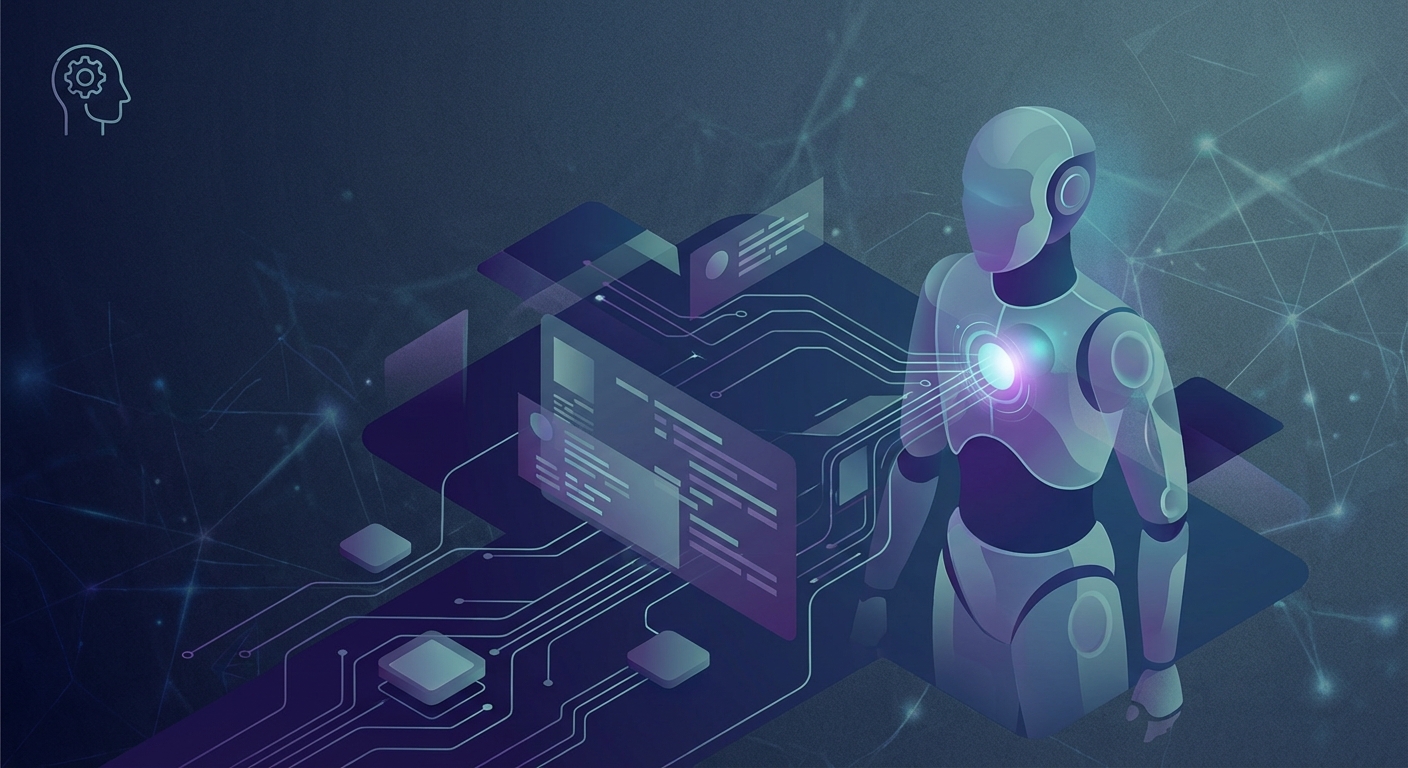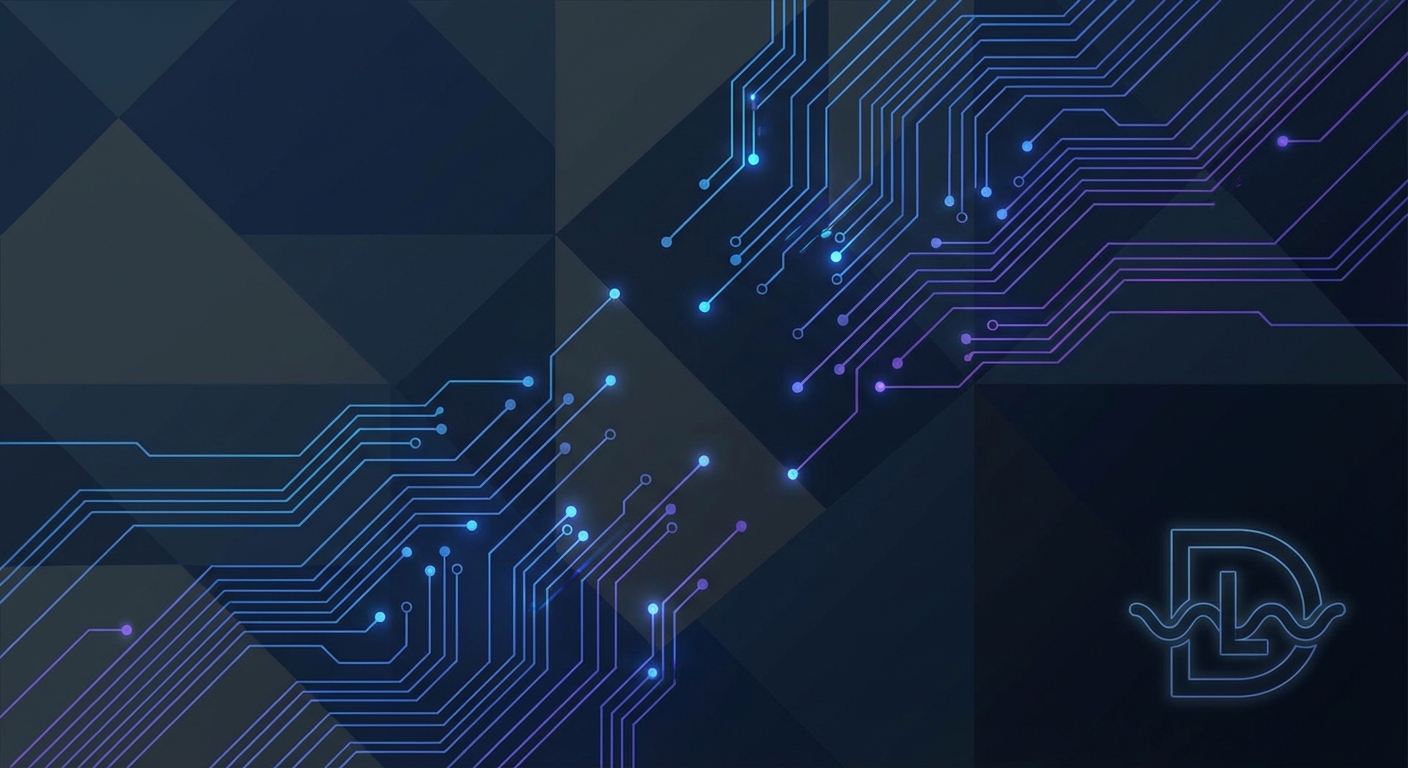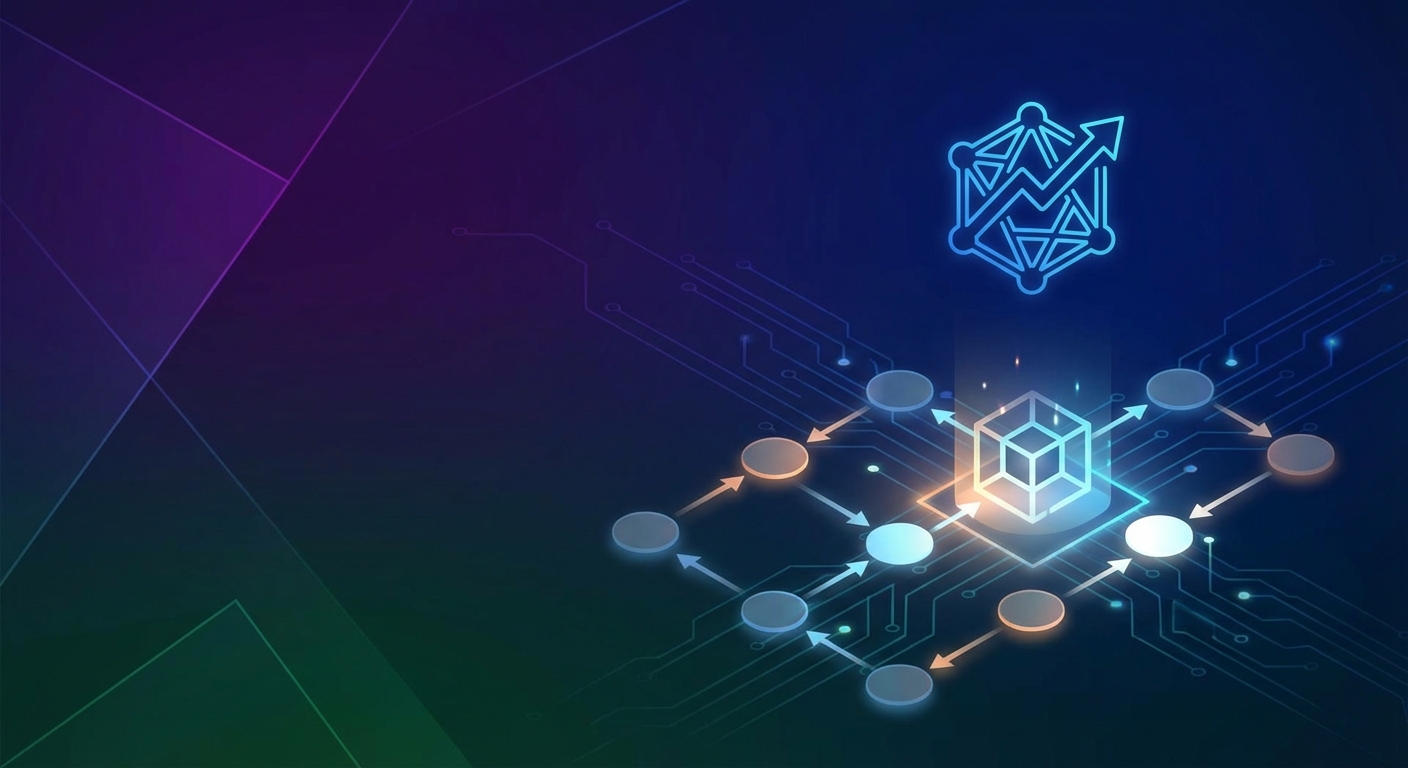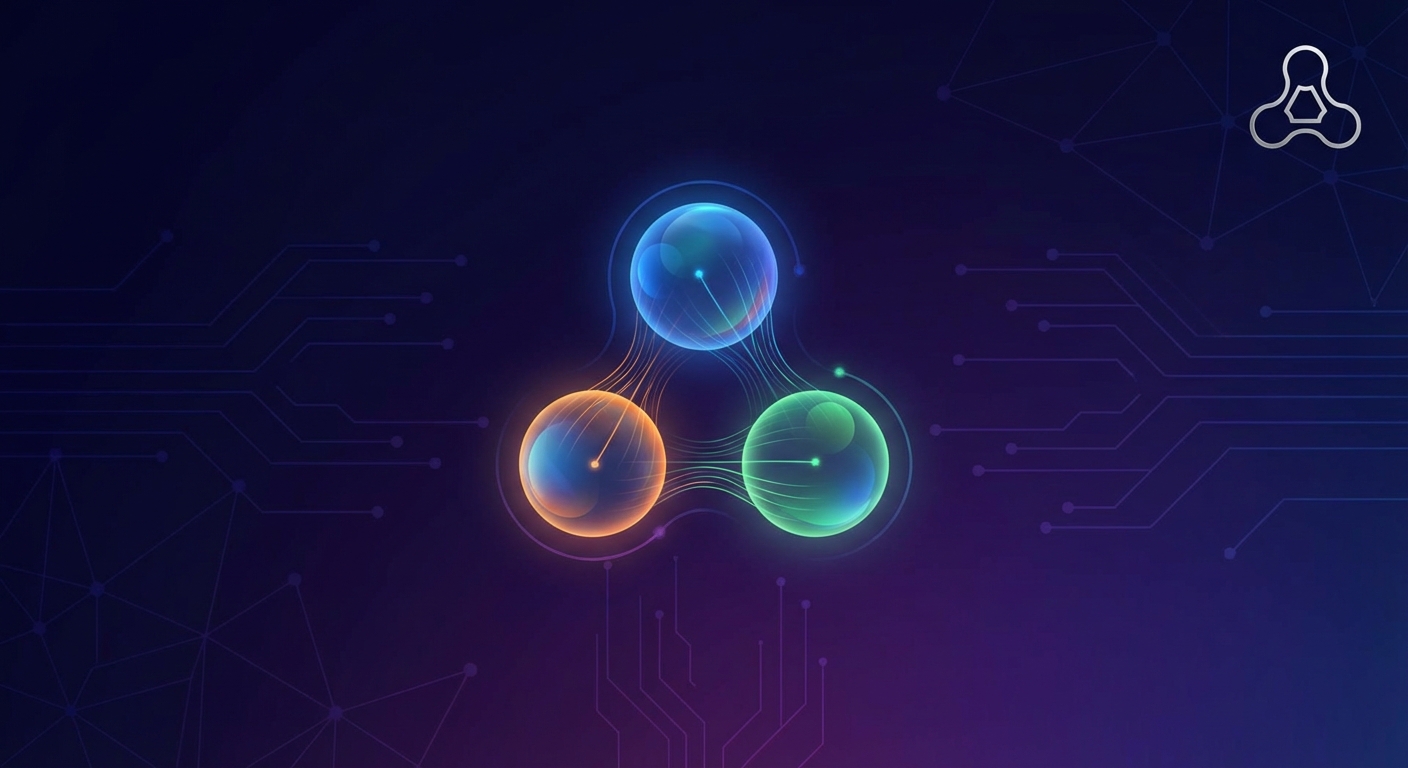The Art of Automated Negotiation
TL;DR
- This article covers the evolution of automated negotiation through AI agents. It explores the benefits, risks, and strategic implications for businesses, including challenges like agent capability imbalances and the importance of transparency. It also highlights how automated negotiation is transforming industries and the future of business interactions.
The Dawn of the AI Negotiator
Ever imagined ai handling your negotiations? It's closer than you think!
- Automated negotiation? Think AI agents striking deals for you! It's where computers handle the haggling, not humans. This means AI agents can manage complex scenarios, like negotiating multi-year contracts with fluctuating pricing based on market demand, or even resolving disputes between parties by finding mutually agreeable terms. It's not just about simple price checks anymore, which used to be basic algorithms that would only check if a price met a certain threshold. Now, AI agents can analyze vast amounts of data to understand negotiation dynamics, predict counter-offers, and strategically adjust their own proposals.
- It's come a long way from simple price checks to complex ai, making offers and counter-offers. (I Tested 900 AI Offers: Here's What Actually Worked - YouTube)
- Businesses are getting on board because it's fast, cut costs, and can handle tons of deals at once. (Business Series: The Highs and Lows of Cost Cutting for ...)
So, how does this all work? Let's dig into the nuts and bolts.
Navigating the Landscape: AI Agent Development and Deployment
Okay, so you're diving into the world of AI agents... it's kinda like teaching robots to haggle, right? But where do you even start?
First off, you gotta pick your ai framework. TensorFlow, PyTorch – they're like the Lego sets for building your ai negotiator. ([D] Why is tensorflow so hated on and pytorch is the cool ...) Then, there's the data – tons of it! This data is crucial for training your agent and making it smart enough to actually cut a deal. We're talking about historical negotiation transcripts, market data, competitor pricing, customer preferences, and even legal contract clauses. The challenge here is not just acquiring this data, but also cleaning it, labeling it accurately, and ensuring it's representative to avoid bias. For instance, training an AI on only high-value deals might make it ineffective for smaller transactions.
- Oh, and don't forget the ethics! No one wants an ai that's biased or unfair. We'll get to that more later.
Now, where do you stick this thing? Cloud or on-premise? Each has its perks. Cloud deployment offers scalability, easier updates, and often lower upfront costs, but can raise concerns about data privacy and vendor lock-in. On-premise gives you more control over your data and infrastructure, which can be vital for sensitive negotiations, but it requires significant upfront investment and ongoing maintenance. Integrating it with your existing systems (like crm) is key too, otherwise it's just a fancy paperweight. Common integration challenges include ensuring data consistency between the AI and the CRM, handling API limitations, and managing different data formats. And scale is everything - can it handle a thousand deals at once without crashing?
So, what's next? Let's talk about how to make these negotiators actually, well, negotiate!
Orchestration, Integration, and the Flow of Negotiation
Ever wonder how ai agents manage to juggle multiple negotiations at once? It's like watching a highly coordinated dance – if dances involved spreadsheets and deal closings.
- AI Agent Orchestration is like conducting an orchestra where each ai agent is an instrument. But technically, it involves using specialized platforms or custom-built systems that manage the lifecycle of multiple AI agents. This includes assigning tasks, monitoring their progress, facilitating communication between agents (e.g., passing negotiation parameters or outcomes), and deciding when and how to escalate a negotiation to a human. Think of it as a central control panel that directs the flow of negotiation activities, ensuring agents work together efficiently. For example, an orchestration layer might deploy multiple agents to simultaneously negotiate with different suppliers for the same commodity, comparing offers in real-time.
- Workflow automation is key. Think of it as setting up a series of dominoes—one action triggers another, keeping everything moving without someone manually pushing each one. In automated negotiation, this could look like: an incoming sales lead triggers an AI agent to initiate a pricing negotiation. If the AI reaches an impasse, it automatically escalates to a human sales rep with a summary of the negotiation. Or, a procurement AI identifies a need for a specific component, automatically sends out RFQs to pre-approved vendors, analyzes the bids, and initiates negotiation with the top contenders, all without human intervention until a final approval is needed.
Integrating these ai systems with, say, your existing CRM, can be tricky. You'll need to think about how data flows and about keeping everything synced up. In short, it's important to remember that all of this is about making things run smoother.
Next up, let's see how to make it all work together, securely and ethically!
Security, Governance, and the Ethical Compass
Security is kinda a big deal, right? Especially when ai is making deals for you.
- IAM (Identity and Access Management) is total must-have. In AI negotiation, it means precisely controlling which users or other systems can access, configure, or even initiate the AI agents. Think of it as who gets keys to the ai kingdom, and what doors they can open.
- Authentication and authorization? Like checking ID and then saying what they're allowed to do. For an AI negotiator, this means verifying the identity of the AI itself (ensuring it's the legitimate agent and not an imposter) and then authorizing it to access specific data sources or perform certain negotiation actions.
- API security? Gotta lock those doors! This is crucial for protecting the communication channels between your AI agents and other systems, like your CRM or ERP. It involves using secure protocols, encryption, and rate limiting to prevent unauthorized access or data breaches. The 'zero trust' principle here means that we don't automatically trust any user or system, even if they are already within the network. Every access request is verified, and permissions are granted on a least-privilege basis. This is vital for AI negotiators to prevent malicious actors from manipulating deals or stealing sensitive information.
Keeping those ai agents safe isn't just good practice; it's crucial. Let's look at how to keep an eye on things with governance!
Governance in AI negotiation refers to the framework of rules, policies, and processes that ensure AI systems are developed, deployed, and used responsibly and effectively. This includes establishing clear lines of accountability for AI decisions, defining ethical guidelines, ensuring compliance with regulations, and implementing mechanisms for auditing and oversight. It's about making sure the AI operates within defined boundaries and aligns with organizational values and legal requirements.
The Future of Automated Negotiation
Automated negotiation? It's not just sci-fi anymore. So, what's next for ai that can haggle better than your uncle at a flea market?
- Advancements in machine learning will keep making ai negotiators smarter. They'll learn from every deal, getting better at predicting what the other side wants and how to get it. Think of it like leveling up your negotiation skills with every completed transaction.
- Increased adoption across industries is coming. From supply chain management to customer service, ai agents will be cutting deals everywhere. Imagine ai negotiating prices on raw materials for manufacturers, optimizing delivery routes and costs with logistics partners, or even handling routine customer service disputes like warranty claims or service contract renewals. In healthcare, AI could negotiate with insurance providers for patient treatment costs or with pharmaceutical companies for drug pricing.
- AI's role in dispute resolution could be huge. Instead of drawn-out court battles, ai could find common ground and suggest fair settlements. This could extend to mediating online marketplace disputes or even resolving minor legal disagreements before they escalate.
Are fully automated negotiations the way of the future, or will humans always need to be in the loop? Only time will tell, but it's definitely a space to watch.




